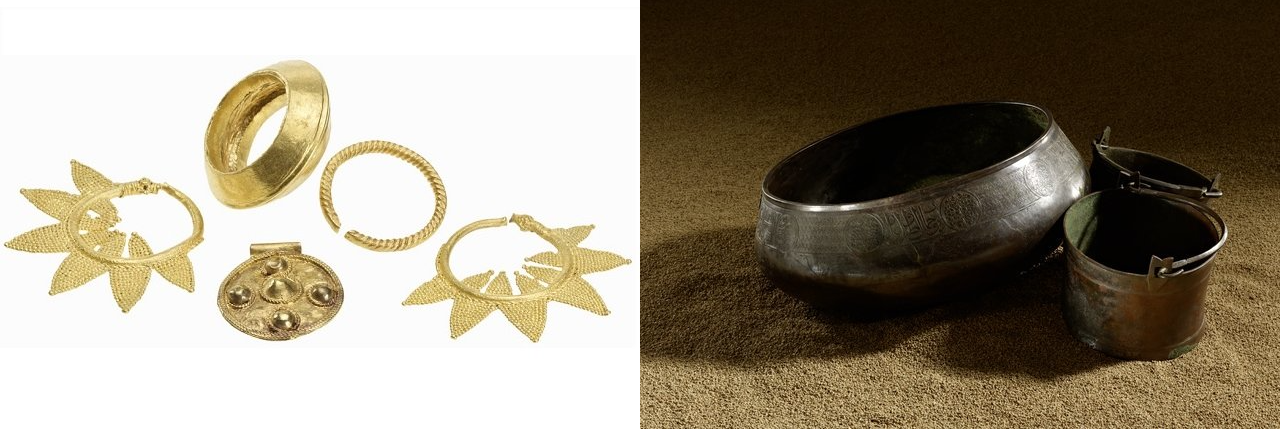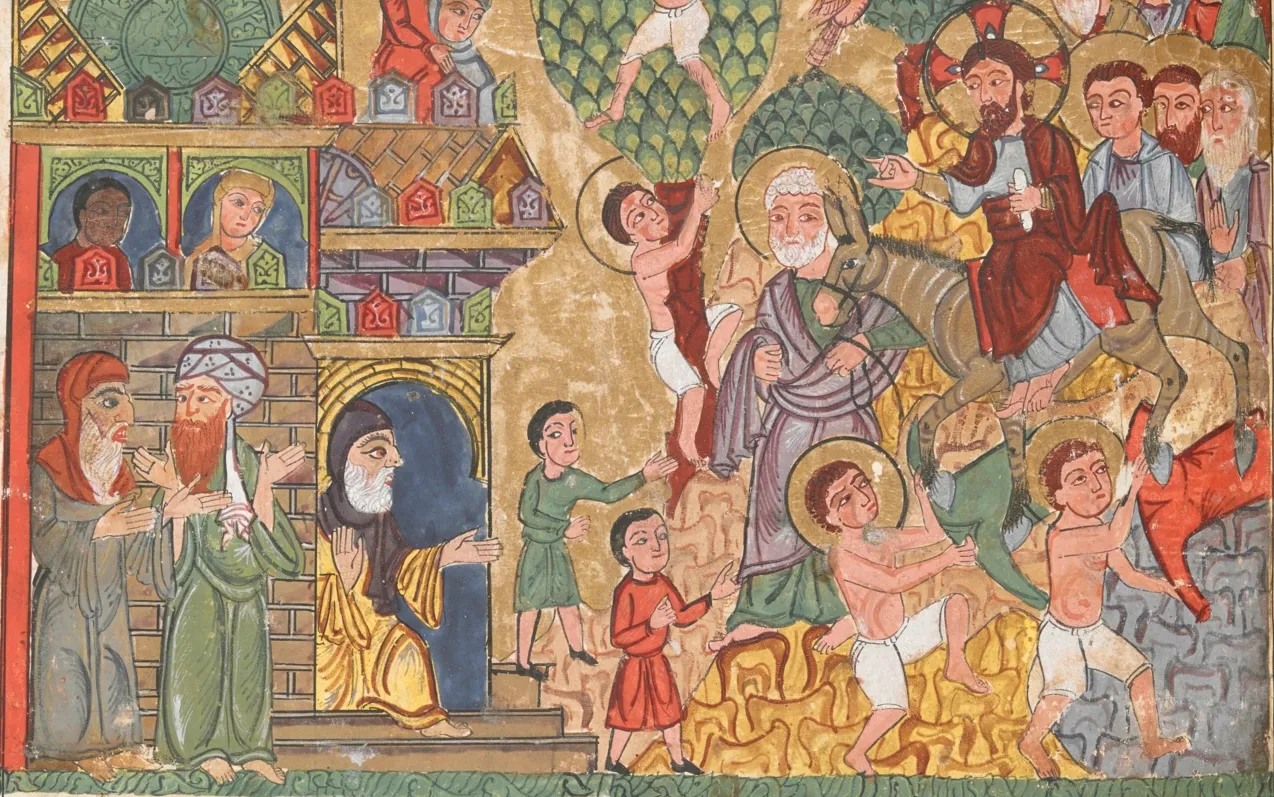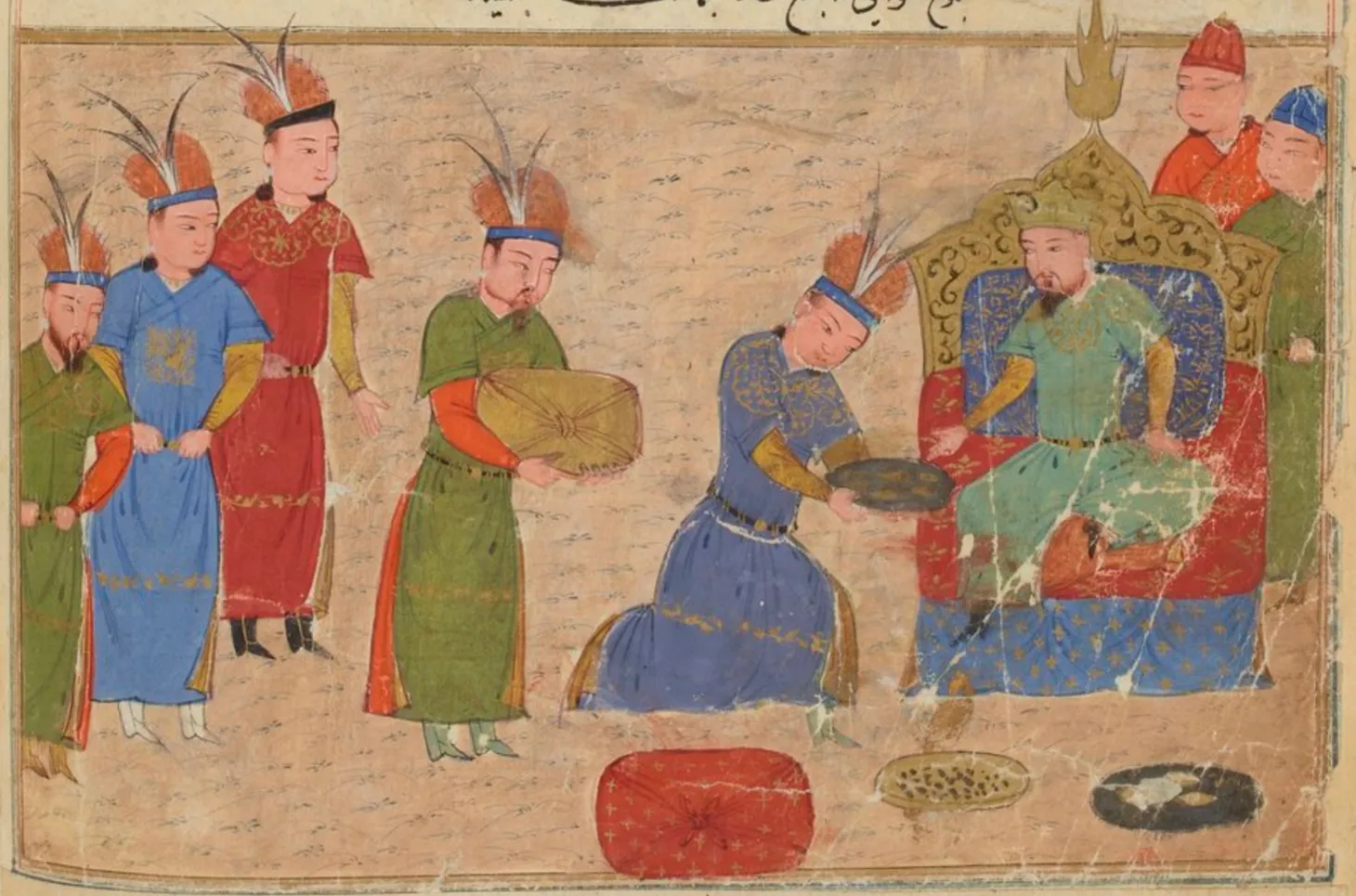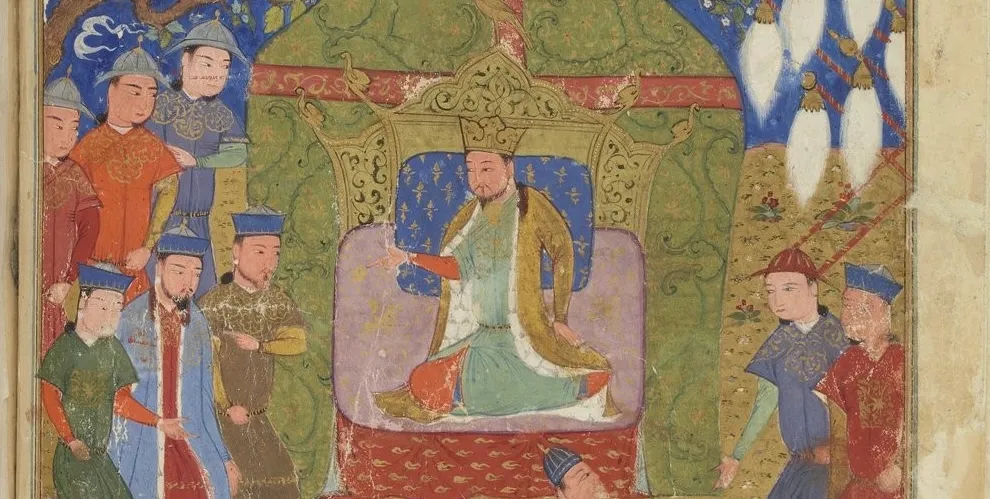“The World Knew Happiness”: West Africa and the Afroeurasian Economy, c.1200 - c.1600
A discussion of the economy of medieval West Africa and its role in the Afroeurasian economy

Teaching about the economy of the West African empires of Ghana, Mali, and Songhay often involves looking at maps of trade routes crossing the Sahara Desert. The maps usually identify important trade cities in North Africa and the Sahel and show the location of gold mines and salt deposits. As a result, students tend to understand West African trade simply as the “gold and salt” trade. While the trade in gold and salt across the Sahara was a significant part of the economies of the West African states, it wasn’t the entirety of these economies.
Keeping in mind the idea of “what would the griot say?”, we want students to consider how the people of West Africa understood their local economy and the role of trade. If we combine an understanding of the West African economy with a broader understanding of the Afroeurasian trade links, students can see how West Africa played a vital role in the Afroeurasian economy before 1600.
This content is for Paid Members
Unlock full access to Liberating Narratives and see the entire library of members-only content.
SubscribeAlready have an account? Log in



